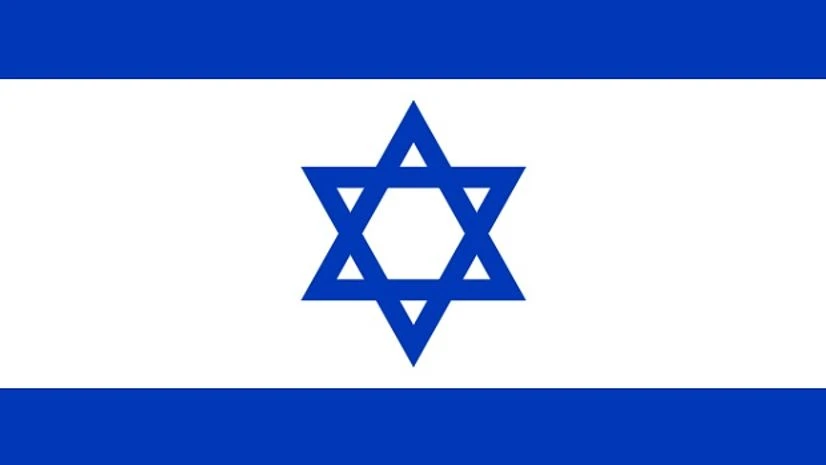Israeli security forces rushed to the West Bank city of Nablus on Tuesday to rescue ultra-Orthodox Jews stoned by Palestinians as they visited a Jewish shrine, police said.
A statement said that about 60 members of a Hassidic sect went on a pre-dawn trip to Joseph's Tomb, in a Palestinian refugee camp on the outskirts of the city, which many Jews believe holds the remains of the biblical patriarch Joseph.
Palestinians believe an Islamic cleric, Sheikh Yussef Dweikat, was buried there two centuries ago and the Palestinian office of religious sites considers it to be an Islamic archaeological monument.
Patriarch Joseph, son of Jacob, was sold into slavery by his brothers, before rising to become vizier of Egypt.
Once a month, the Israeli army runs escorted nightime visits to the tomb by Jewish pilgrims but there are frequent attempts at wildcat pilgrimages.
"During the course of the night about 60 Hassids entered Joseph's Tomb without authorisation," the police statement said. "Disturbance broke out at the scene and stones were thrown at them."
More From This Section
Israeli media said the bus carrying the worshippers was brought to a halt by Palestinian protesters before it actually reached the shrine.
"Police and soldiers were called to the scene to rescue (them)," the police statement said, adding that about half of the worshippers were detained for questioning.
Haaretz newspaper said that one of the Jews was slightly injured by a stone and Palestinian news agency SAFA said that three Palestinians suffered from inhaling tear gas fired by Israeli forces.
The incident happened in part of the Israeli-occupied West Bank designated "Area A", which is under Palestinian security control and off-limits to Israelis unless visits are coordinated in advance.
"Unauthorised entry to Area A is a criminal offence," the police said.
"Entry without coordination and without escort is dangerous for those who enter and also for the security forces who go in to rescue them."
The tomb, which has been the scene of repeated clashes, was torched in October 2015 and later repaired.
In October 2000, at the start of the second intifada, or uprising, Palestinians partly destroyed it after driving out an Israeli border police detachment stationed there.
One of the policemen died in the fighting, along with six Palestinians.

)
